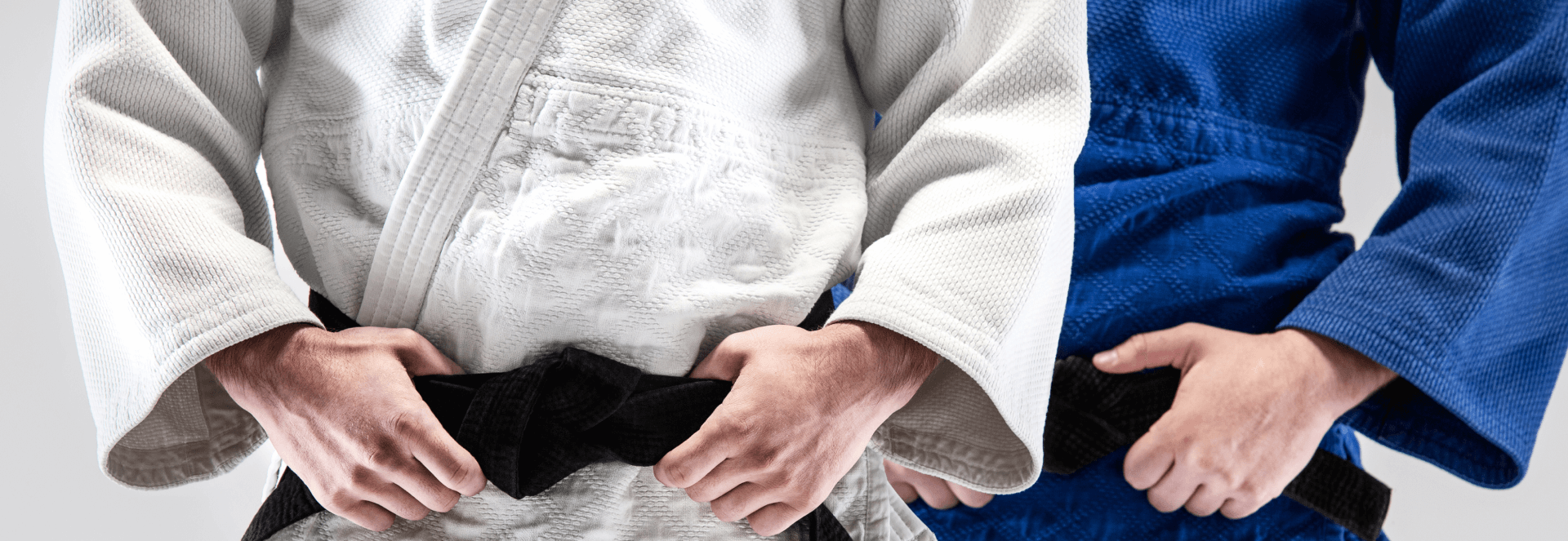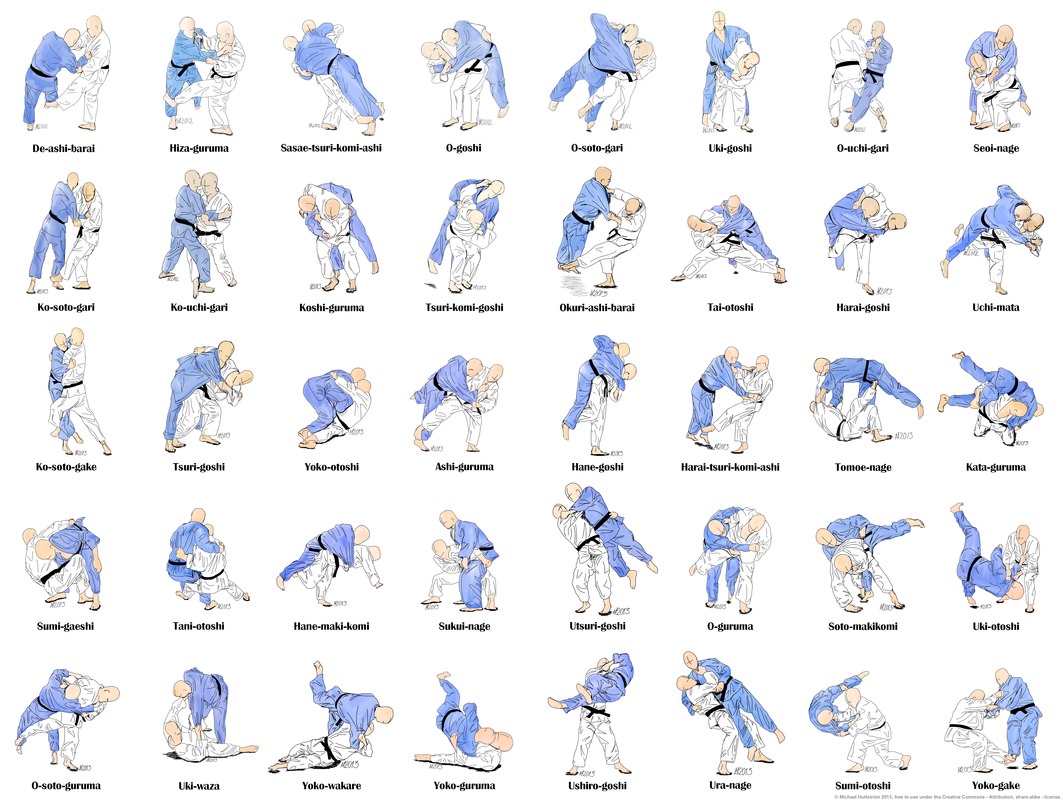

Judo (‘the gentle way’) was developed by Professor Jigoro Kano (1860–1938) in Japan. It was originally called Kodokan Judo by Kano and the martial art was always intended to be more than just a sport. The three fundamental tenets of judo are described as: physical education, contest proficiency and mental training with the ultimate goal of making the individual a value to society. The sport is now recognised in 201 countries worldwide and is an Olympic sport.
Judo teaches the principle of flexibility in the application of technique. This is the flexible or efficient use of balance, leverage and movement in performance of Judo movements, including throws. Skill, technique and timing, rather than the use of brute strength are the essential ingredients for success in Judo.
However, learning judo is more than simply learning and applying techniques, such as judo throws, chokes, or armbars. It also leads to a state of mind shaped by judo principles such as maximum efficiency with minimal effort, balance between mind and body, safety, and mutual support to bring prosperity for yourself and others.
The practice of judo promotes teamwork, leadership, and self-confidence. Judo can also be of significant help to develop values like respect, discipline, and perseverance. There is a long-standing tradition of respecting instructors and training partners, which even young children learn when starting judo practice.
